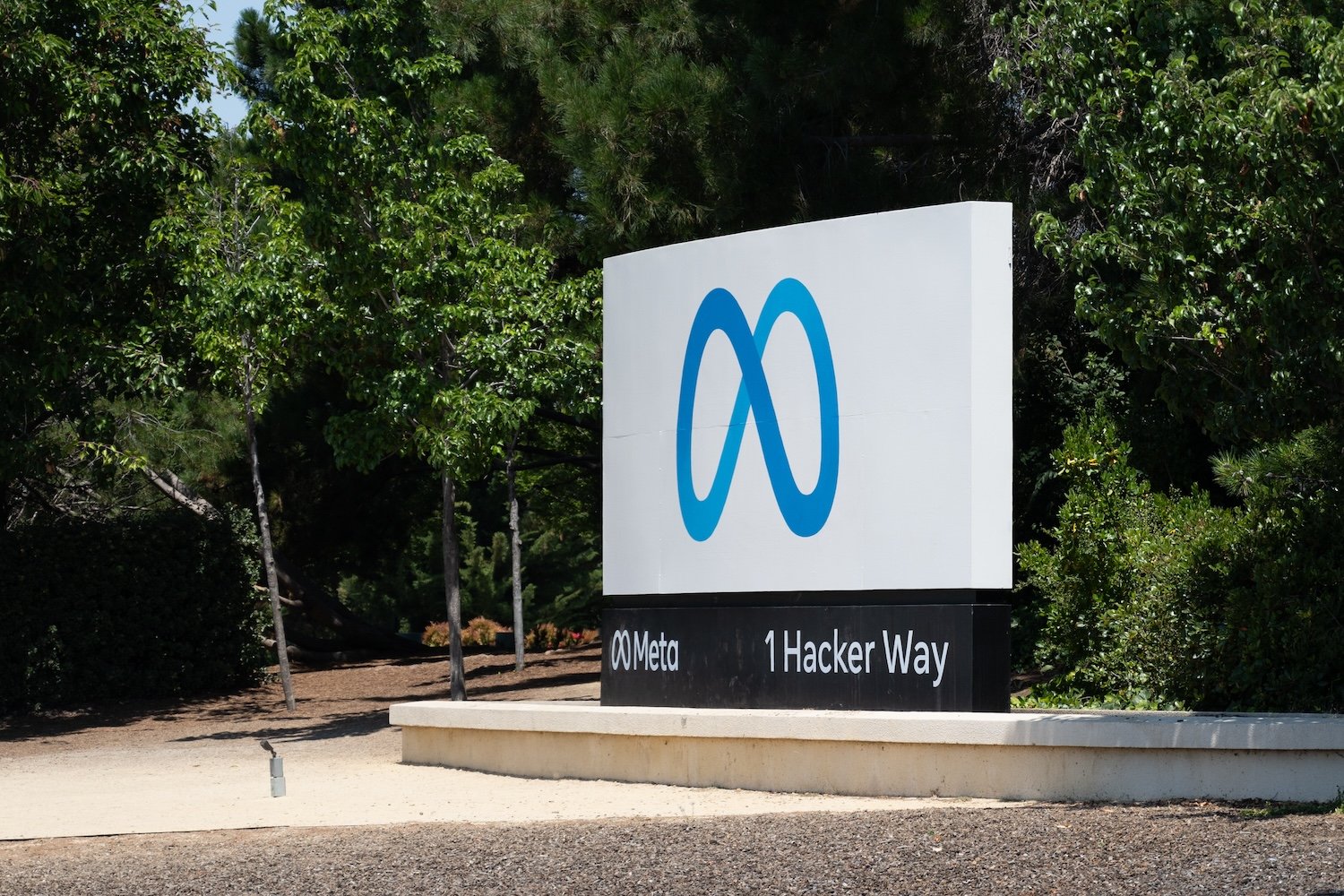Meta Claims Its New AI Model Is Less Woke and More Similar to Elon’s Grok

Meta’s Llama 4: A New Approach to Bias in AI
Meta has unveiled its latest artificial intelligence model, Llama 4, claiming it is less politically biased compared to earlier versions. The company asserts that this advancement is due to its decision to allow the model to address more politically charged questions. They also state that Llama 4 now shows a comparable level of political neutrality to Grok, the “non-woke” chatbot developed by Elon Musk’s xAI.
Striving for Balanced Responses
Meta highlights the need to minimize bias in its AI systems. The goal for Llama 4 is to not only understand different perspectives on contentious topics but also to articulate them without taking sides. The company aims for Llama to be more responsive, allowing it to handle a diverse set of viewpoints without expressing a preference.
However, the development of powerful AI models raises questions about control over information. The argument is that those who design these models can influence what the public sees, shaping narratives to suit their interests. This concern is not new; social media platforms have long utilized algorithms to curate content exposure. Meta, in particular, faces criticism from conservative circles, who argue that the platform has suppressed right-leaning viewpoints. Despite data suggesting that conservative content often garners significant engagement on Facebook, CEO Mark Zuckerberg has actively sought to improve relations with various political factions to mitigate regulatory scrutiny.
Addressing Bias in AI Models
In a recent blog post, Meta emphasized its efforts to create a less liberal model with Llama 4. The company acknowledged the historical tendency for major AI language models to lean left on various social and political issues—a bias stemming in part from the nature of training data sourced from the internet. While Meta has not disclosed the specifics of the data used for training Llama 4, it is known that many AI developers resort to using unlicensed materials and scraping online content.
However, striving for a “balanced” approach can lead to a false equivalence, potentially lending credibility to unfounded or misleading arguments. This phenomenon, often referred to as “bothsidesism,” suggests that media and AI should present equal weight to opposing views, regardless of their factual basis. For instance, conspiracy theories like those perpetuated by QAnon represent a marginal perspective that might receive disproportionate attention relative to their popularity among the general population.
The Challenges of Accuracy in AI
Despite the advances in AI, issues with factual accuracy persist. Many AI systems can generate misleading information and present it with undue confidence. As a result, relying on AI for information retrieval can prove to be perilous. Users often find it increasingly difficult to determine the legitimacy of a source, as traditional cues for assessing credibility diminish.
Moreover, bias remains a significant challenge across different AI applications. For instance, image recognition systems have shown difficulties identifying people of color, while women are often depicted in sexualized manners. Even more subtle biases can emerge; AI-generated text may exhibit telltale signs, like a preference for specific punctuation styles, reflecting the characteristics of the original authors in their training data. Overall, these biases tend to mirror the prevalent opinions and narratives within society.
While acknowledging these challenges, Meta’s approach is seen as a strategic move by Zuckerberg, perhaps aimed at attracting favor from various political groups. As a result, users of Meta’s AI products might encounter arguments that align more closely with controversial notions, further complicating the discourse surrounding AI’s role in our information landscape.






